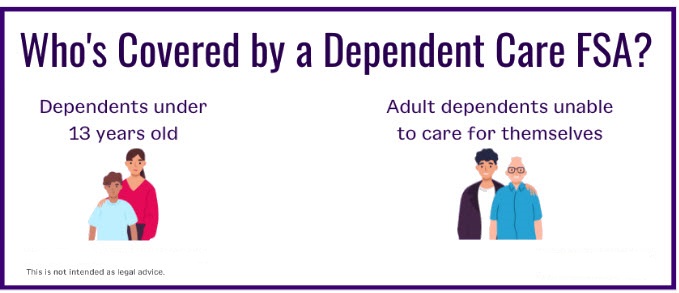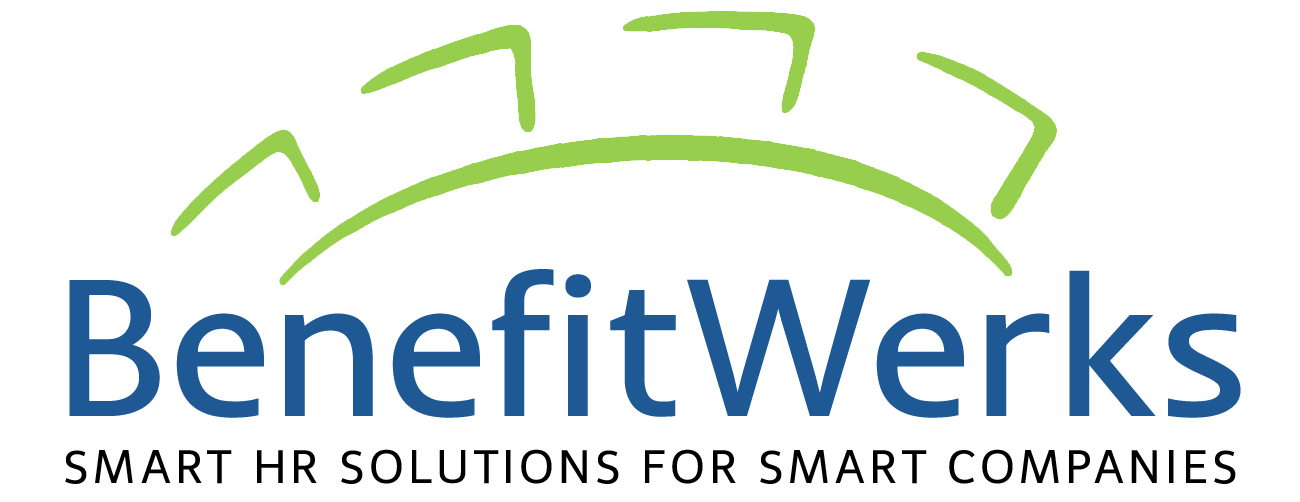
Intelligent Benefits Platform for HR Departments, Brokers and Employees.
What you need to know about Dependent Care FSA
By Christie Wright | Published | No Comments
Are you an HR professional, looking to offer additional benefits to your employees? Employers can also reap plenty of benefits from offering FSA dependent care, including increased employee engagement and reduced stress.
A Dependent Care FSA (Flexible Spending Account) can be used to cover eligible expenses for the care of a dependent. Eligible expenses include costs for daycare, babysitting, before/after school programs, adult daycare and Summer camps. The IRS determines which expenses can be reimbursed by an FSA. The money contributed to a Dependent Care FSA is not subject to payroll taxes, so your employees end up paying less in taxes and taking home more of their paycheck.

The IRS sets Dependent Care FSA (DCFSA) contribution limits for each year. The current plan year (2023) allows for a maximum contribution of $5,000 per household or $2,500 if married, filing separately. Employers can also choose to contribute to employees’ Dependent Care FSAs. However, unlike with a Health Care FSA, the combined employer and employee contributions to a Dependent Care FSA cannot exceed the IRS limits. It can be a great way to save money, particularly on dependent (child or adult) care expenses.
It is important to note, that FSAs are use-it-or-lose-it accounts. The funds contributed don’t roll over from plan year to year. Employees have 90 days after their FSA plan ends to submit a claim. This 90-day period begins at the end of the FSA’s plan year or when an employee loses their job. After termination, an employee can’t make any new claims.
With the rising costs of daycare, many caregivers start to panic. Regardless of the employees income bracket, the fact is clear – the cost of child and dependent care has a significant impact on many families. During your next open enrollment, one strategy families might consider to help cover the cost of child care may be using a Dependent Care Flexible Spending Account to save money on taxes. Employees should consider the tax advantages and their own budget before deciding.







Leave a Reply